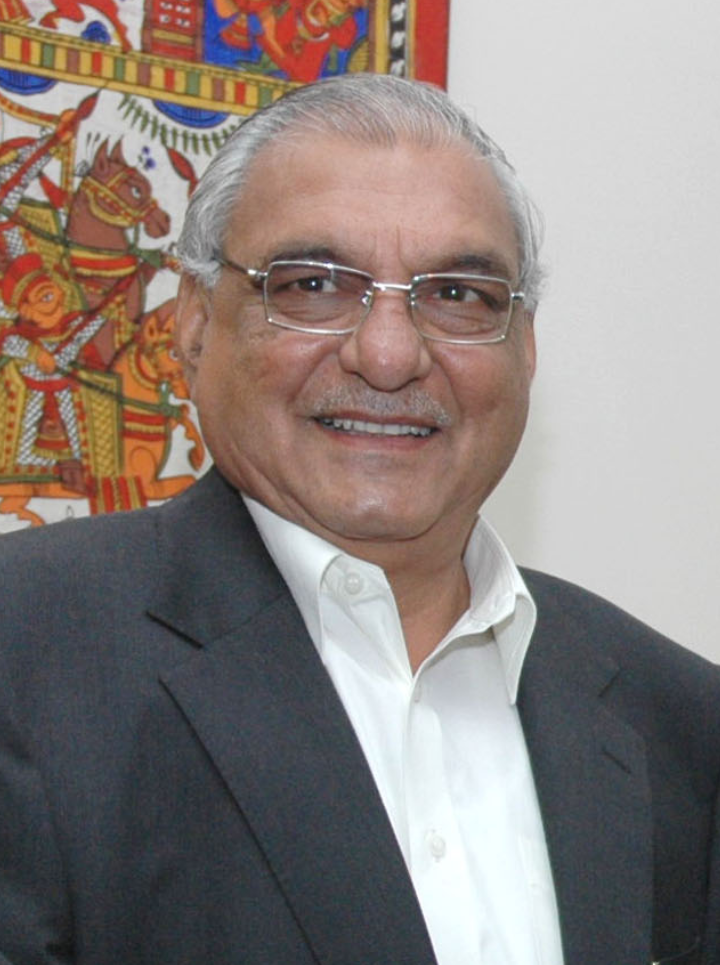
The case revolved around land acquisition policies that were purportedly manipulated to benefit certain real estate developers, leading to allegations of corruption against Hooda. The former Chief Minister, who held office from 2005 to 2014, faced significant scrutiny and criticism over these transactions, which opponents claimed compromised the interests of local farmers. With the court's ruling in his favor, Hooda not only secures his reputation but also positions himself as a key player in Haryana's political landscape.
Political analysts suggest that this verdict may also have broader implications for the Congress party in Haryana, which has struggled to regain its foothold since Hooda’s exit from the Chief Minister's office. The party's performance in the 2019 assembly elections, where it secured only 31 out of 90 seats, highlighted the waning influence of Congress in a state where the Bharatiya Janata Party (BJP) has made significant inroads. Hooda's return to the forefront could reinvigorate the party's base, appealing to both loyalists and undecided voters who may have been disillusioned with the current political climate.
Hooda's critics have expressed concern that the ruling may set a precedent, potentially emboldening other politicians facing corruption allegations. This apprehension resonates amid ongoing debates about accountability in governance. While Hooda has repeatedly asserted his innocence, opponents argue that such judicial outcomes risk undermining the fight against corruption and instilling public faith in political processes.
The timing of the verdict also raises questions regarding the electoral strategies of the BJP and the Jannayak Janata Party (JJP), which is in a coalition government with the BJP. With the assembly elections on the horizon, these parties will need to reassess their positions and messaging in light of Hooda's reinvigorated profile. The BJP, which has focused its campaign on development and anti-corruption, now faces the challenge of countering Hooda’s narrative of victimization and resilience.
This legal victory for Hooda coincides with a broader narrative within Haryana politics, where issues of land rights and farmer welfare have come to the forefront. The ongoing agrarian crisis and farmers' protests against contentious laws have shifted the political discourse, prompting a reassessment of priorities among voters. Hooda has long positioned himself as a champion of farmers' rights, and this verdict allows him to reclaim that mantle in an environment that increasingly values agricultural concerns.
Hooda’s adeptness at coalition-building could prove advantageous as he seeks to unify various factions within the Congress party and garner support from regional allies. His leadership style, characterized by pragmatism and an ability to engage with grassroots issues, could be pivotal in rallying disparate groups under a common banner.
In contrast, the current ruling coalition led by the BJP has grappled with internal dissent and challenges from regional parties, complicating their governance. The complexities of Haryana’s caste dynamics and the state’s unique socio-political fabric add layers to these challenges, necessitating a nuanced approach from all parties as they navigate this transformative period.
Hooda's political narrative must address the aspirations of the youth and urban voters who are increasingly disillusioned with traditional political alignments. His vision for Haryana’s development must resonate with this demographic, particularly in urban areas where issues such as employment, infrastructure, and education are at the forefront of voters' minds.
Emerging trends in Haryana politics suggest a shifting landscape where alliances and voter sentiments are continually evolving. The upcoming assembly elections present an opportunity for Hooda to leverage his legal victory to forge new coalitions, galvanizing support from not only Congress loyalists but also disenchanted voters from rival parties.
As the political climate intensifies, Hooda's next steps will be crucial in determining not only his future but also that of the Congress party in Haryana. The potential for a revitalized political landscape hinges on Hooda's ability to translate this legal victory into electoral success, thereby reshaping the contours of governance in the state.
